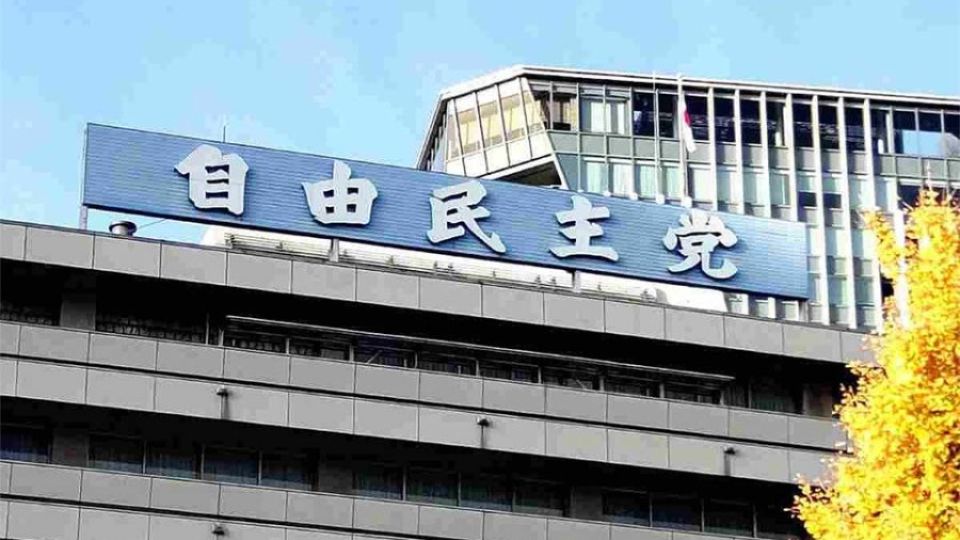December 5, 2024
TOKYO – The role of the Diet is to hold constructive discussions of a mountain of domestic and international matters between the government and the ruling and opposition parties, and to create better policies and budgets.
But it is worrisome that with the focus mainly on the issue of political funds, discussions on various issues that affect the very foundation of the nation have been neglected.
Interpellations by representatives of each party were held at plenary sessions of both houses of the Diet in response to Prime Minister Shigeru Ishiba’s recent policy speech.
Yoshihiko Noda, president of the Constitutional Democratic Party of Japan, began his questions by taking up political reform and called for a ban on donations from companies and organizations. Ishiba countered, saying that he did not think donations from companies and organizations were inappropriate.
Donations from political organizations formed by labor unions and industry organizations, among other entities, are among those that the CDPJ would exempt from such a ban.
The CDPJ claims that this is because direct donations from companies and organizations to political parties could distort their policies. However, it is extremely difficult to understand the notion that donations made through political organizations would not present this problem.
Noda also called on lawmakers from the ruling Liberal Democratic Party who failed to record funds they received in their political funds reports to attend sessions of the Deliberative Council on Political Ethics. Dozens of LDP lawmakers have been targeted. With the Tokyo District Public Prosecutors Office having already completed its investigation, is there any point in taking time for many lawmakers to explain themselves?
In the interpellations, regarding the “¥1.03 million barrier,” Satoshi Asano of the Democratic Party for the People called for raising the threshold of annual income for the imposition of income tax from ¥1.03 million to ¥1.78 million. Ishiba accepted the demand for the raise in the threshold and said he would leave the details to discussions between the ruling parties and the DPFP.
It is understandable that the Ishiba Cabinet, based on ruling parties that lack a majority, consults with opposition parties to find a point of agreement. However, if the Cabinet continues to accept policies for tax cuts and the expansion of budgetary spending demanded by opposition parties without the backing of financial resources for these purposes, it will only result in passing on the burdens to future generations.
What role should Japan play in the increasingly tense international situation? Domestically, Japan faces a host of policy issues, such as dealing with the declining birth rate and economic revitalization.
In order for these issues to be discussed specifically in next year’s ordinary Diet session, the issue of politics and money and the review of the annual income barriers must first be settled in the current Diet session so that they do not drag on indefinitely.
Meanwhile, the Japan Innovation Party held an election to select a party representative and elected Osaka Gov. Hirofumi Yoshimura. Yoshimura intends to review the direction of the previous leadership, which sometimes collaborated with the LDP.
If the JIP distances itself from the administration, Ishiba will have even more difficulty handling the political situation. Instead of relying solely on the tactic of trying to get through by winning over the DPFP to his side, Ishiba needs to express his beliefs forthrightly and make an effort to seek the understanding of the public.

